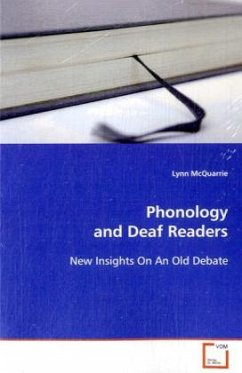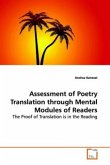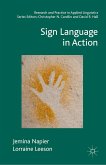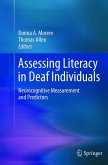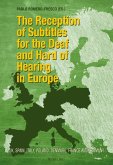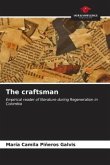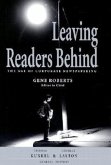An implicit assumption guiding mainstream
educational methods in deaf education is that deaf
children have awareness of the phonological
structure of spoken language (have phonological
representations). Surprisingly however, there is
very little empirical research testing this
assumption in terms of both the construction and the
specification of deaf children s underlying
representations of speech. Thus an understanding of
the extent to which speech perception in the absence
of audition result in similarities or differences in
the way that speech patterns are represented or
processed between deaf and hearing individuals is
limited. To fill this void, this study investigated
whether prelingual, profoundly deaf children have
awareness of phonological structure at three levels
of linguistic complexity. A clear understanding of
phonological development in deaf learners has
particular relevance given the significance of
spoken language phonological processes in cognitive
accounts of reading disability in the hearing
population and the assumption that these accounts
fully explain deaf children s reading difficulties
and abilities.
educational methods in deaf education is that deaf
children have awareness of the phonological
structure of spoken language (have phonological
representations). Surprisingly however, there is
very little empirical research testing this
assumption in terms of both the construction and the
specification of deaf children s underlying
representations of speech. Thus an understanding of
the extent to which speech perception in the absence
of audition result in similarities or differences in
the way that speech patterns are represented or
processed between deaf and hearing individuals is
limited. To fill this void, this study investigated
whether prelingual, profoundly deaf children have
awareness of phonological structure at three levels
of linguistic complexity. A clear understanding of
phonological development in deaf learners has
particular relevance given the significance of
spoken language phonological processes in cognitive
accounts of reading disability in the hearing
population and the assumption that these accounts
fully explain deaf children s reading difficulties
and abilities.

